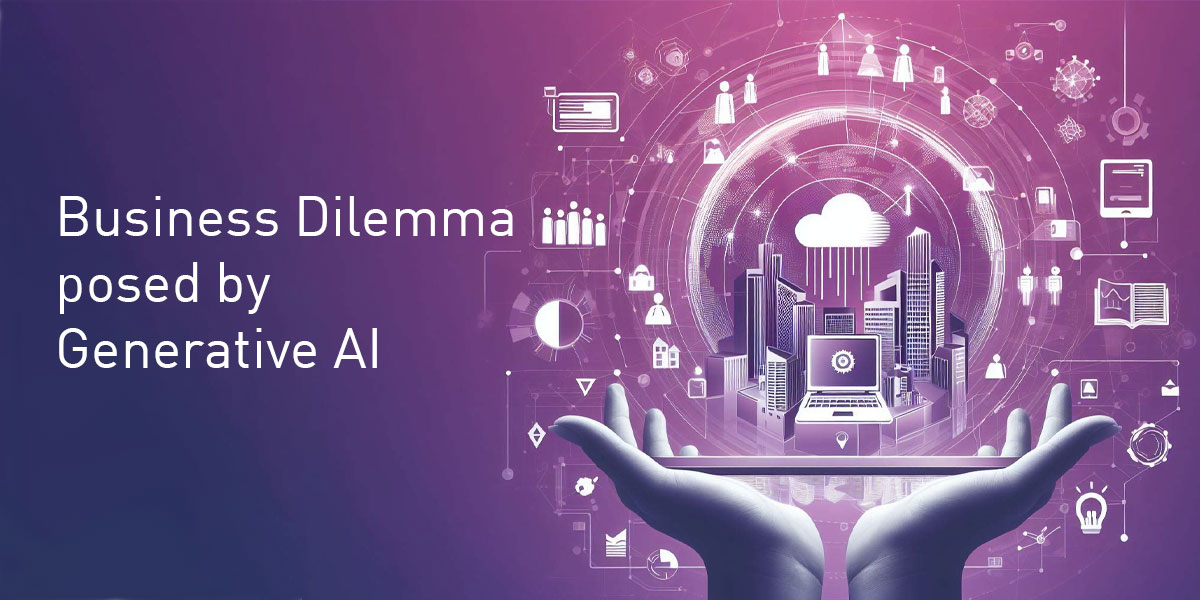Necessary cookies are absolutely essential for the website to function properly. These cookies ensure basic functionalities and security features of the website, anonymously.

Avoiding the Postgraduate Plateau
The journey from academia into the field of data science can be as thrilling as it is formidable, especially against the backdrop of a competitive job market. For both graduates and postgraduates, the path forward, though challenging, is rich with opportunity, provided one adopts a strategy that marries continuous learning with personal initiative.
The Importance of Personal Projects
Let's begin by recognising the significance of personal projects. In a domain as expansive as data science, aligning your passion with your projects can not only be satisfying but also strategically beneficial. For instance, if you have an interest in environmental issues and you possess statistical analysis skills, developing a project that forecasts the impact of climate change using machine learning can showcase your technical expertise and your commitment to a cause. By documenting your journey on platforms like GitHub, you present a living portfolio to potential employers, demonstrating your ability to navigate complex problems and deliver tangible results.
Embrace Continuous Learning
The value of continuous learning cannot be overstated. With organisations like the Institute of Analytics offering a wealth of resources, the pursuit of knowledge has never been more accessible. Delving into their offerings can keep you abreast of industry trends and refine your analytical prowess, ensuring that you remain a competitive candidate. Such resources are particularly pivotal in a landscape where, as of 2023, 12.7% of recent graduates face unemployment, translating to over 96,000 individuals navigating the job market each academic year.
Engaging with the evolving tools and techniques within the field is an essential aspect of this learning curve. As reported in 2022, postgraduates had an economic inactivity rate of merely 8.8%, suggesting that those with specialised knowledge have an edge. This rate reflects not just an understanding of theoretical frameworks, but also proficiency in practical tools and methodologies that are in high demand across industries.
The Delicate Balance of Specialisation
However, while specialisation is crucial, it's also important to acknowledge the delicate balance required when entering the job market. Over-specialising too early can potentially narrow your job prospects, especially at the entry level, where employers may prioritise a broad set of foundational skills. This consideration becomes even more crucial in light of the fact that employment rates for non-graduates in high-skilled roles have improved, surpassing 2007 levels. It's a nuanced decision — diversifying your skillset can offer more immediate entry points into employment, allowing you to build on-the-job experience, while specialising can position you for specific, often more senior roles, but may require a longer job search.
Preparation for the Application Process
Interview preparation and coding challenges also represent a vital facet of the job-seeking process. Platforms like LeetCode and Codewars provide arenas to hone your problem-solving skills in a manner that’s both enjoyable and intellectually challenging.
Your post-graduation period is a threshold, not a plateau. With a mindful approach to personal projects, a commitment to continuous learning and a strategic approach to interview preparation, the plateau transforms into a launching pad, catapulting you into a rewarding data science career.






